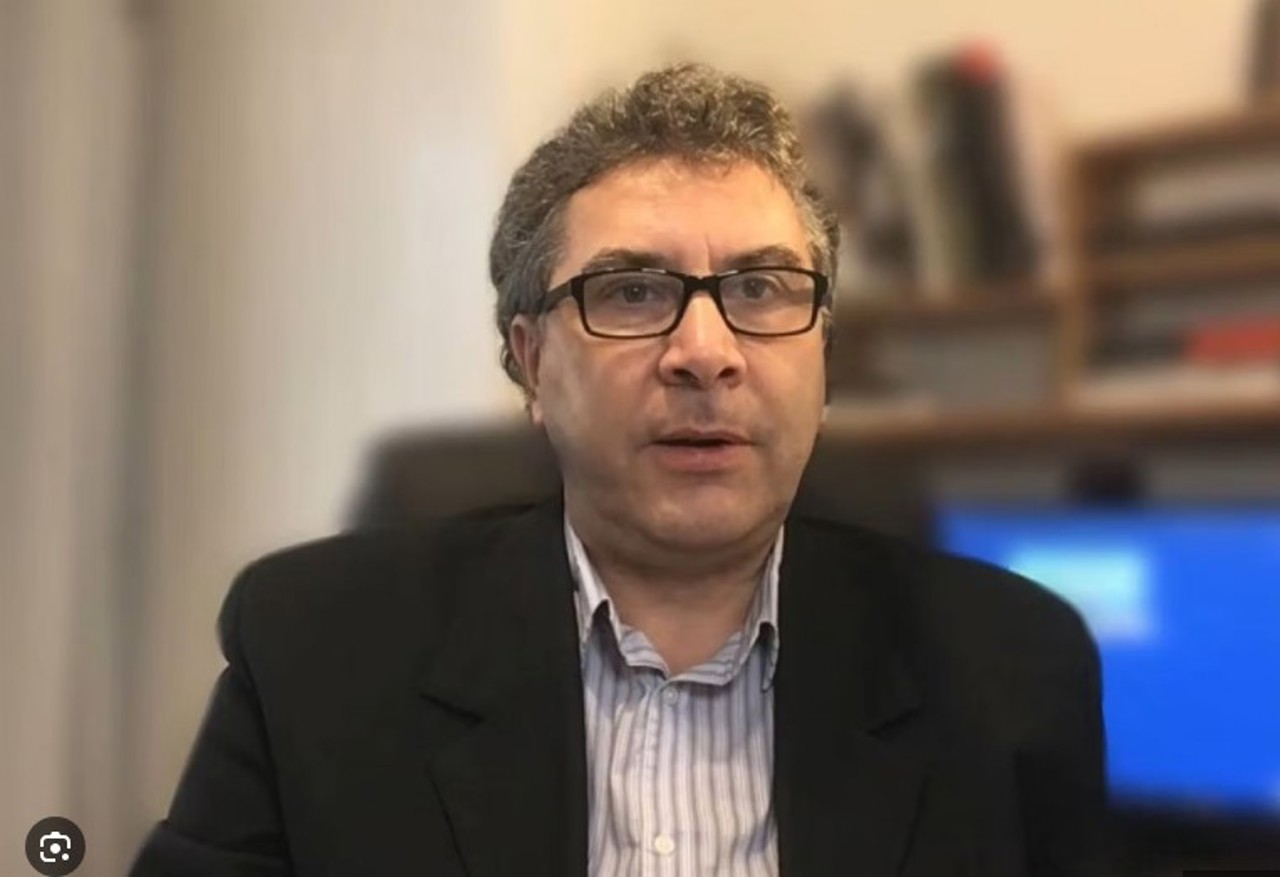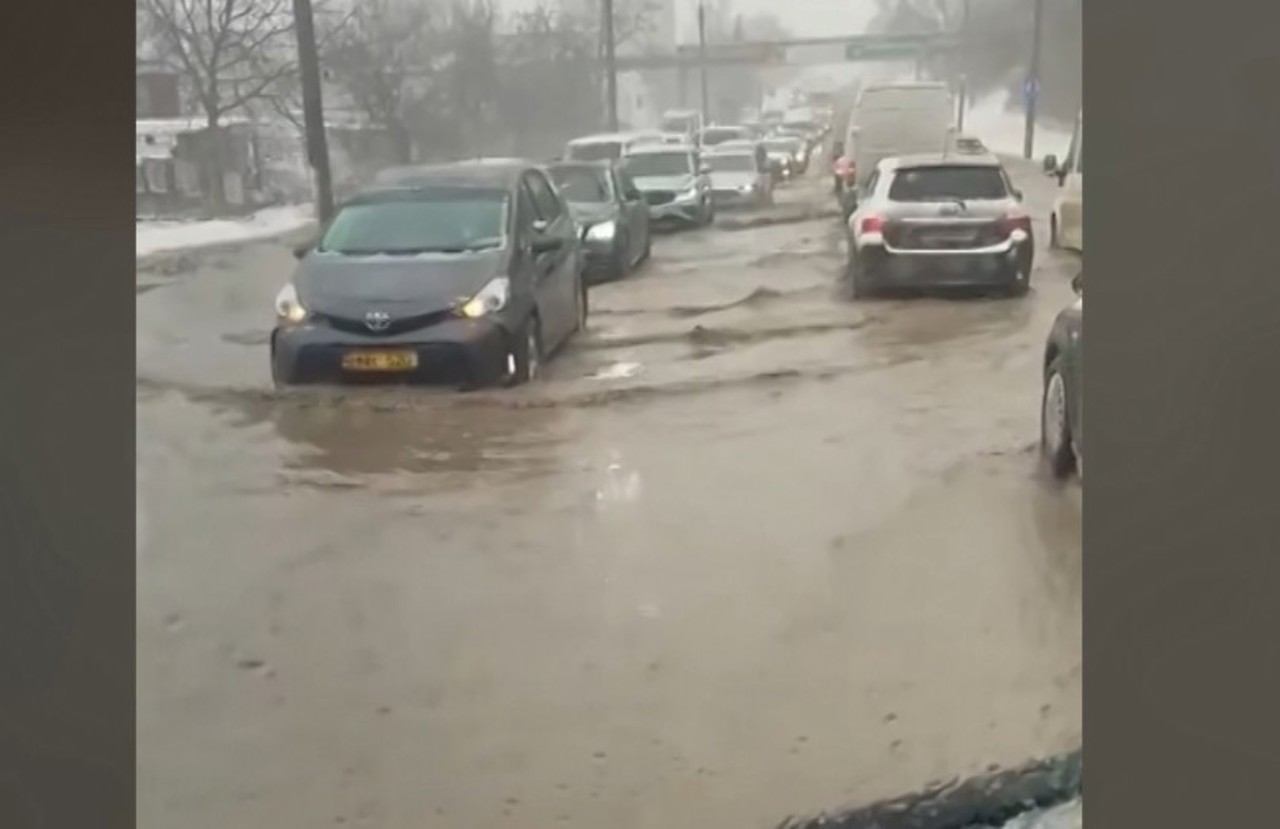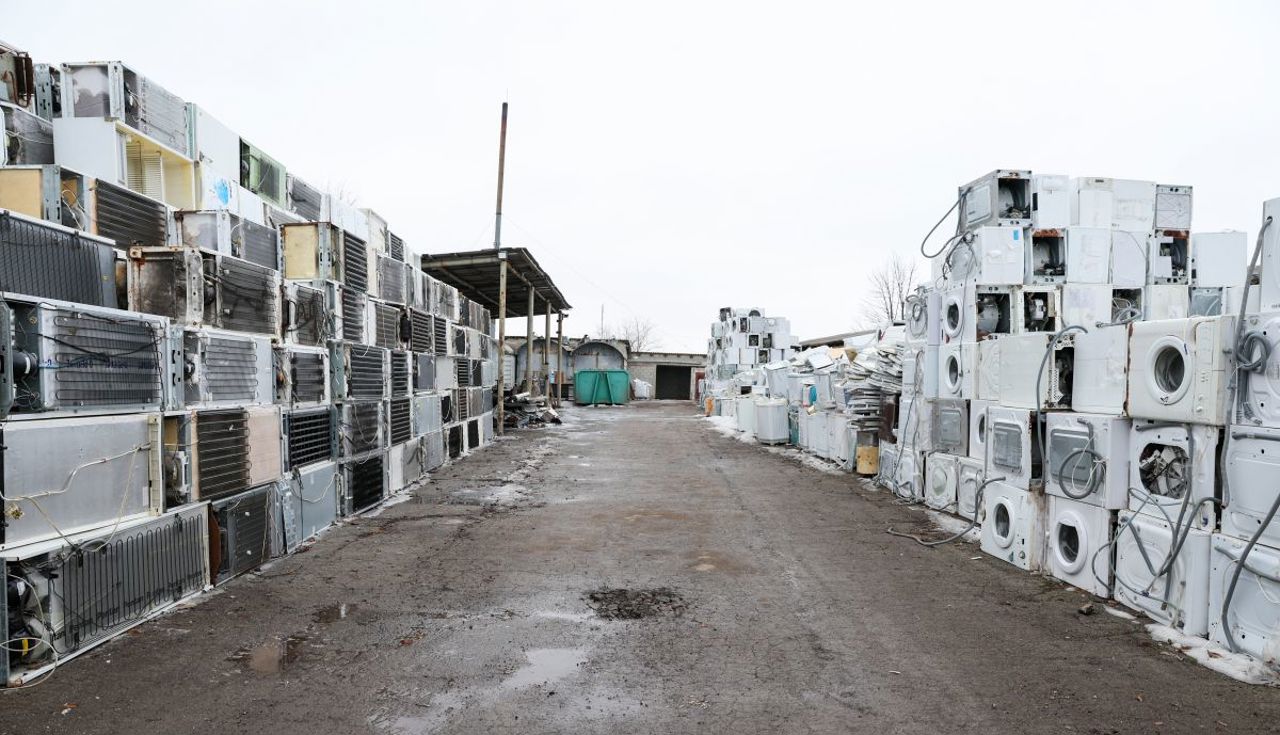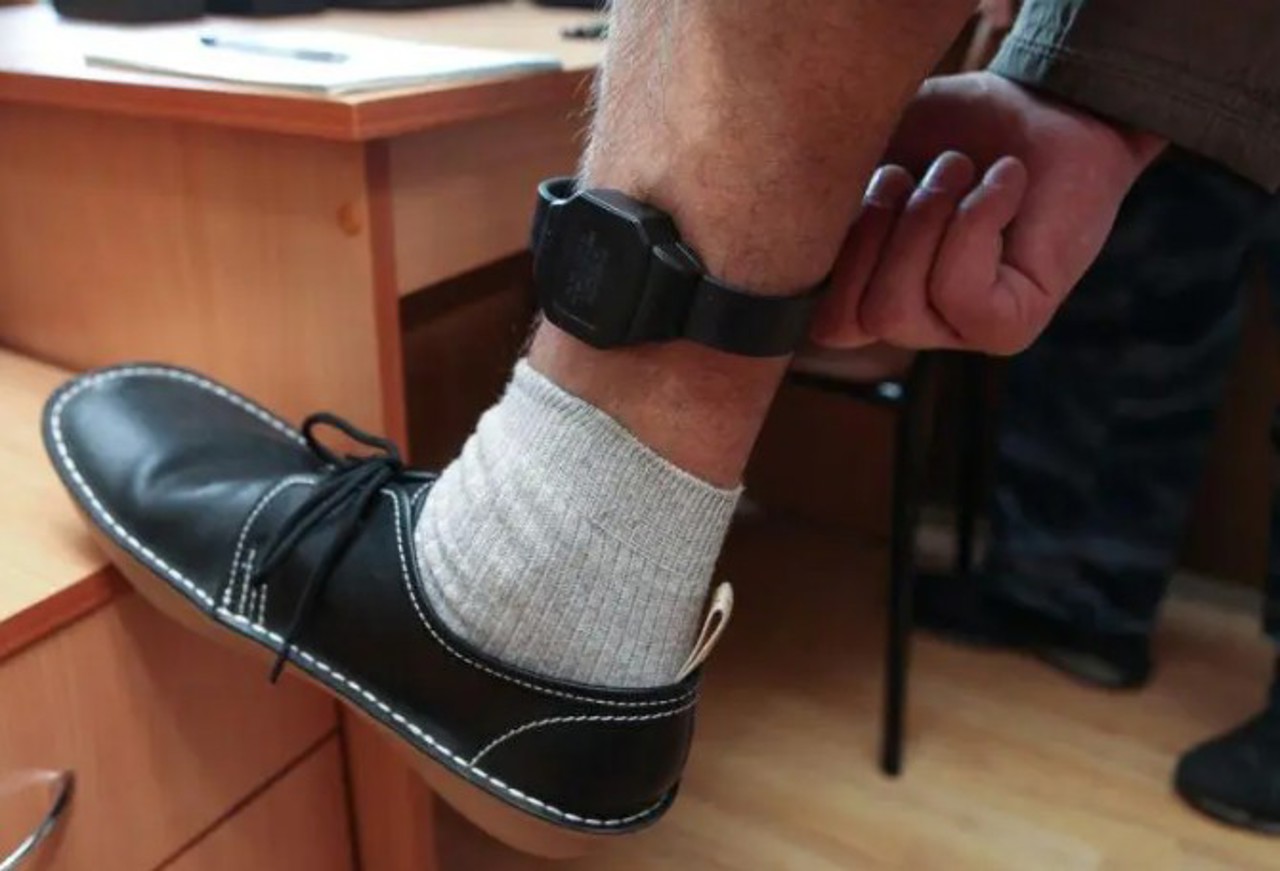Romania faces crossroads after election annulment
Romania faces the significant challenge of restoring citizens' trust in the democratic process, and Bucharest should follow the Republic of Moldova’s example in defending against hybrid warfare.

This was the comment made by Corneliu Bjola, professor of political science at the University of Oxford, during an interview with Moldova 1 in response to the annulment of Romania’s presidential elections.
“Romania’s state institutions have shown themselves to be highly vulnerable. In the past, it was said that Romania protected Moldova. Now, however, Moldova has demonstrated remarkable resilience, as we saw just a month ago. I believe all institutions in Bucharest should take detailed notes on how to defend against hybrid warfare. It is Moldova that needs to teach Romania, not the other way around. What has happened is that institutions reacted slowly, although they were working with new information. This explains the missteps,” noted Corneliu Bjola.
According to Professor Bjola, Romania has been subjected to a "hybrid assault," aimed at "severing its ties with transatlantic structures." He warned of "extraordinary" consequences for Ukraine, the Republic of Moldova, and Romania itself.
"This is Russia’s objective—it was the same during the 2016 U.S. elections. The goal is always to erode public trust in democratic processes. Such an attack cannot be carried out overnight, which highlights the need for fundamental reforms in both the security services and the political class, as these issues originate from within. If Romanian politicians fail to understand this, they could face an even greater storm in a few years. This is a critical crossroads for Romania—it must learn the lessons not only about defending itself against hybrid attacks but also about repairing the fabric of trust in its democratic system,” Professor Bjola stated.
On Friday, December 6, Romania’s Constitutional Court unanimously decided to annul the presidential elections. The decision was made following the declassification of intelligence reports documenting interference by a “state actor” in the campaign of candidate Călin Georgescu. The Court also ruled that the electoral process for electing Romania’s president must restart entirely, with the government tasked with setting a new date. This means Romania’s presidential elections will begin from the start, requiring candidates to re-register and undergo validation by the Central Electoral Bureau.
Following the Court’s decision, President Klaus Iohannis announced that he would remain in office until a new president is elected. The president also stated that Romania’s future government would be appointed after the formation of a new Parliament.
Translaton by Iurie Tataru






